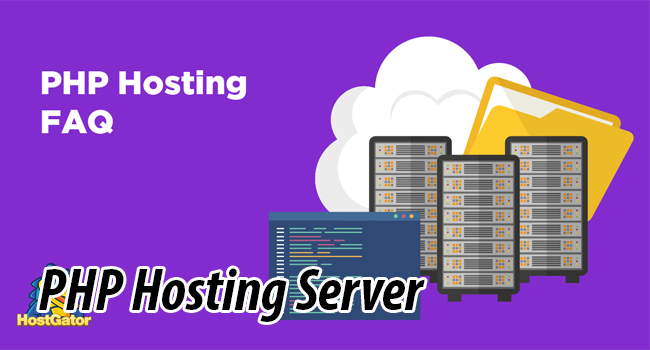Understanding PHP Hosting Servers: A Comprehensive Guide
PHP hosting servers are a fundamental aspect of web development, particularly for applications and websites built using PHP (Hypertext Preprocessor). PHP is a popular server-side scripting language used to create dynamic and interactive web content. A PHP hosting server provides the environment necessary to run PHP code and deliver web content to users. This article explores the essentials of PHP hosting servers, including their functionality, benefits, and key considerations for choosing a PHP hosting solution.

What is PHP Hosting?
PHP hosting refers to the process of hosting a website or web application that is built using PHP on a server that supports PHP execution. A PHP hosting server is configured to interpret and execute PHP code, allowing web developers to create dynamic content that can interact with databases, process user input, and perform other server-side tasks.
How PHP Hosting Servers Work
- Server Configuration: PHP hosting servers are configured with PHP installed and set up to handle PHP files. The server must have a web server software, such as Apache or Nginx, that is capable of processing PHP scripts.
- Execution of PHP Code: When a user requests a PHP page from the server, the web server processes the PHP code before sending the resulting HTML to the user’s browser. PHP scripts are executed on the server side, and only the output (usually HTML) is sent to the client.
- Interaction with Databases: PHP often interacts with databases, such as MySQL or PostgreSQL, to retrieve and manipulate data. The hosting server must be configured to support these databases and enable PHP to perform database operations.
- Handling Requests: The server handles HTTP requests from users, processes PHP scripts, and delivers the appropriate responses. This includes managing user sessions, form submissions, and dynamic content generation.
Benefits of PHP Hosting Servers
- Dynamic Content: PHP allows for the creation of dynamic and interactive web pages. PHP hosting servers provide the necessary environment to execute PHP scripts and generate content on-the-fly based on user interactions or data.
- Database Integration: PHP is well-suited for working with databases, making it ideal for applications that require data storage and retrieval. PHP hosting servers typically offer support for popular databases like MySQL, enhancing the functionality of web applications.
- Scalability: Many PHP hosting solutions offer scalability options, allowing you to upgrade resources or move to more advanced hosting plans as your website or application grows.
- Cost-Effective: PHP hosting is often available at affordable prices, especially with shared hosting plans. This makes it a cost-effective choice for developers and businesses looking to build and host PHP-based applications.
- Wide Support: PHP is widely supported across various hosting providers and server environments. This means that you can find a hosting solution that meets your specific needs and budget.
Types of PHP Hosting
- Shared Hosting: In shared hosting, multiple websites share the same server resources. This is the most cost-effective option and is suitable for smaller websites and applications with moderate traffic.
- VPS Hosting: Virtual Private Server (VPS) hosting provides dedicated resources within a virtualized environment. This offers more control and flexibility compared to shared hosting and is suitable for websites with higher traffic or resource demands.
- Dedicated Hosting: Dedicated hosting provides an entire physical server dedicated to a single user or application. This option offers the highest level of control, performance, and security, making it ideal for large or resource-intensive applications.
- Managed Hosting: Managed PHP hosting includes server management and support from the hosting provider. This is ideal for users who prefer not to handle server administration and maintenance themselves.
Choosing a PHP Hosting Provider
- Evaluate Server Specifications: Ensure that the hosting provider supports the PHP version you need and has the necessary server configurations for your application. Check for compatibility with databases and other technologies.
- Consider Performance: Look for providers that offer reliable uptime, fast server response times, and sufficient resources (CPU, RAM, bandwidth) to meet your needs.
- Review Support and Security: Choose a hosting provider that offers robust customer support and security measures. Reliable support can help resolve issues quickly, and security features protect your application from potential threats.
- Scalability Options: Consider the provider’s scalability options to ensure that you can easily upgrade your resources as your website or application grows.
- Compare Pricing: Compare pricing plans and features to find a hosting solution that fits your budget and requirements. Look for transparent pricing with no hidden fees.
Conclusion
PHP hosting servers are essential for running PHP-based websites and applications. Understanding how PHP hosting works, the benefits it offers, and the different types of hosting available can help you make an informed decision when choosing a hosting provider. By evaluating your needs, considering server specifications, and comparing providers, you can find the right PHP hosting solution to support your web development goals and ensure a successful online presence.